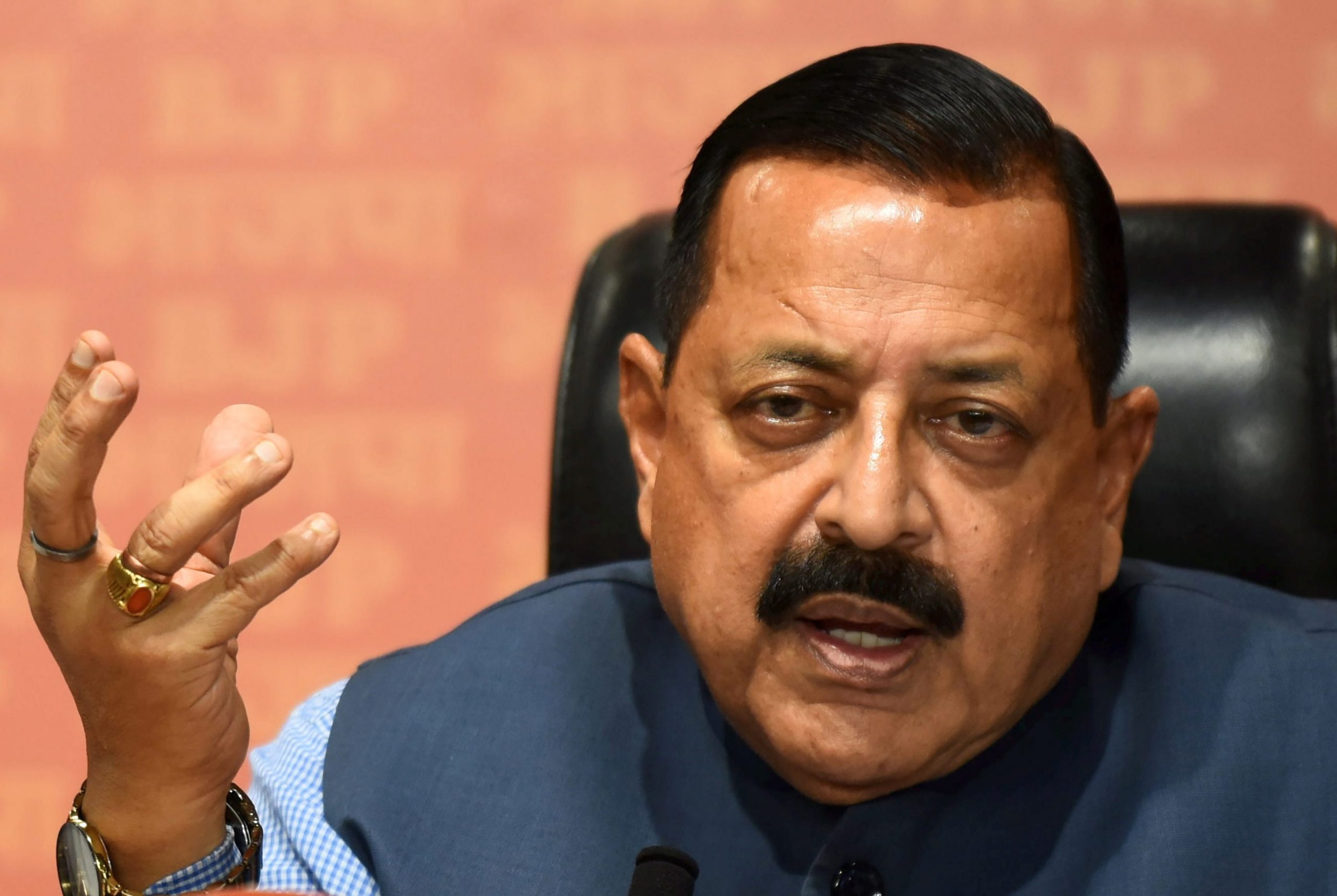NEW DELHI, Mar 5: At the Indian Express Next Gen Conclave “Excellence in Governance Awards” held on Tuesday, Union Minister of State for Personnel, Public Grievances and Pensions, Dr. Jitendra Singh emphasized the significant democratization of the Indian Administrative Service (IAS) and other Civil Services, which are no longer limited to the elite.
In his speech, Dr. Jitendra Singh underscored how the IAS has evolved to reflect India’s diverse society, making it more accessible to citizens from various backgrounds.
He noted that there was a time when most IAS officers predominantly hailed from Southern States like Tamil Nadu and Kerala or Northern regions like Bihar. However, today, the top performers come from states such as Punjab, Haryana, and Delhi—areas that were previously underrepresented.
Reflecting on India’s post-Independence journey, Dr. Jitendra Singh pointed out the drastic changes in governance since the stroke of midnight on August 15, 1947. He criticized the continuation of British-era governance structures, specifically the transformation of the Indian Civil Services (ICS) into the IAS, highlighting the dramatic evolution of the District Collector’s role. Once mainly tasked with revenue collection, today’s District Collectors have become “District Development Commissioners (DDC),” leading development initiatives and acting as pivotal change agents within their regions.
While he acknowledged the remnants of colonial-era attitudes that fostered a divide between civil servants and the public, Dr. Singh remarked on the significant shift that has occurred. “Currently, various districts across the nation frequently witness protests in front of colleges, where citizens openly express their concerns,” he said, emphasizing the enhanced engagement between civil servants and the communities they serve.
The Minister of State also praised the increasing inclusivity within the Civil Services, pointing to the heightened representation of women in leadership positions and their remarkable success in achieving top ranks across India’s diverse landscape. He expressed his pride in the rising number of women in civil services, reflecting India’s commitment to gender equality and empowerment.
Dr. Jitendra Singh further highlighted the necessity of integrity, urging civil servants to demonstrate honesty and ethical practices in their professional conduct. He noted that heightened accountability, transparency, and effective governance are defining characteristics of today’s Civil Services in India.
One significant initiative shared by Dr. Jitendra Singh was the three-month assignment for IAS probationers serving as Assistant Secretaries in various ministries. He explained that this opportunity allows IAS officers to gain invaluable insights into the policymaking processes that are central to governance, thereby enriching their comprehension of national policies and administration.
In conclusion, Dr. Jitendra Singh encouraged parents to reconsider investing in costly coaching programs for their children aspiring to enter the Civil Services. Drawing on his own experiences, he stressed that many successful candidates, often from government schools like Navodaya Vidyalayas and Kendriya Vidyalayas, have thrived without needing expensive tutoring.


Leave a Reply